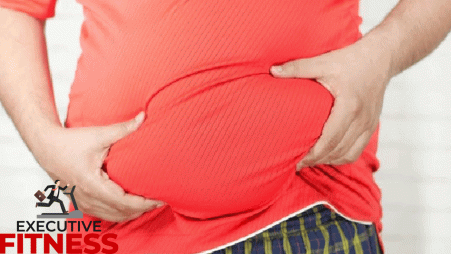Hepatologist shares which foods, drinks you should restrict, avoid or consume to reduce fatty liver risk
Fatty liver disease, also known as hepatic steatosis, happens when your liver cells gather too much fat, and this fat interferes with the normal metabolic functions of the liver cells, says Dr Lorance Peter.

The World Health Organization (WHO) data published on Sciencedirect.com in April last year shows the growing burden of liver disease globally, with nonalcoholic fatty liver disease (NAFLD) and alcohol-related liver disease being major contributors.
NAFLD is reportedly the most common liver disease worldwide, causing significant morbidity and mortality.
By making informed dietary choices and adopting a healthy lifestyle, you can reduce your risk of developing fatty liver disease.
Dr Cyriac Abby Philips, a hepatologist who is known as The Liver Doc on social media, has now shared insights on managing fatty liver disease through dietary changes.
'Four things you must seriously restrict'
He took to Instagram yesterday (11 November) to discuss which dietary items to restrict, completely avoid and absolutely include in your diet to reduce the risk of fatty liver disease.
He recommended managing fatty liver disease by restricting sugar-sweetened beverages, coconut oil, palm oil-based products, butter and ghee, and completely avoiding alcohol.
Additionally, he suggested incorporating unsweetened black coffee into your diet.
Dr Philips said, "If there are four things you must seriously restrict to reduce risk of or prevent progression of fatty liver from a dietary perspective, from an Indian perspective, it is sugar-sweetened beverages, coconut oil (also palm oil-based products), butter and ghee (clarified butter)."
"If there is one dietary item you must completely avoid, it is alcohol," Dr Philips said, adding, "If there is one dietary item you must absolutely include, it is unsweetened black coffee."
Understanding fatty liver disease
In a March 2024 interview with HT Lifestyle, Dr Lorance Peter, director, gastroenterology and hepatology, Sakra World Hospital, Bengaluru, said: "Fatty liver disease is when your liver, which should only have about 5% fat, starts hoarding more fat than it should. This can be assessed by a simple ultrasound examination of the liver when it is bigger and brighter than usual – that's a sure sign of fatty liver."
"Fatty liver disease, also known as hepatic steatosis, happens when your liver cells gather too much fat, and this fat interferes with the normal metabolic functions of the liver cells. There are two main types: one caused by drinking too much alcohol (AFLD) and the other not linked to alcohol but associated with obesity, diabetes or metabolic dysfunction (NAFLD). NAFLD is a big health problem worldwide, hitting millions of people.
"Recently, NAFLD has been renamed MASLD (Metabolic Dysfunction Associated Steatosis Liver Disease). The majority of people may not have any symptoms. Some people might feel a little discomfort or heaviness on the right side of their belly, especially after eating a big meal," he added.



 Keep updated, follow The Business Standard's Google news channel
Keep updated, follow The Business Standard's Google news channel
















